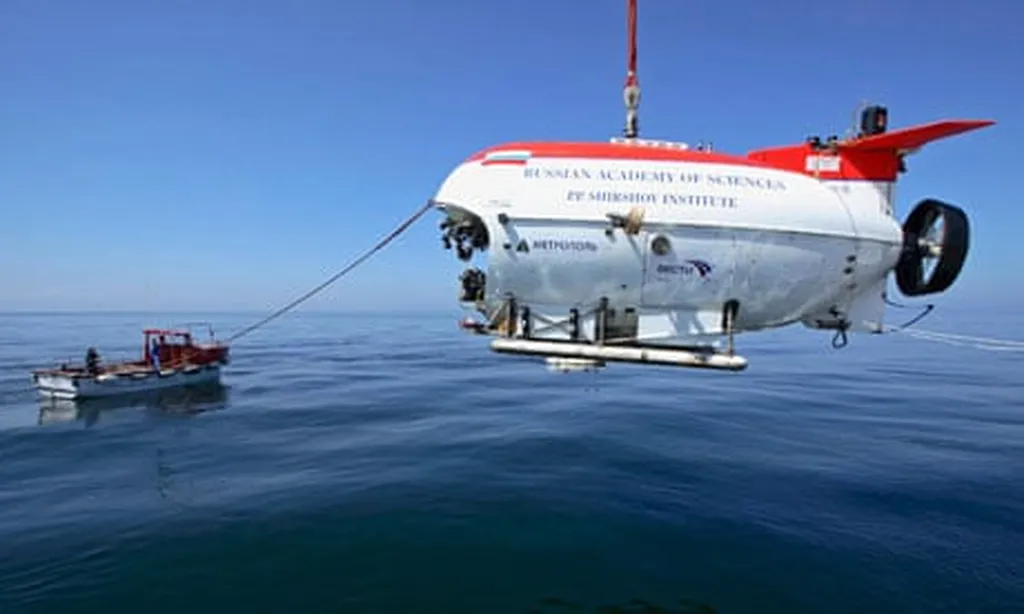Japan is set to embark on a pioneering deep-sea mining venture, aiming to extract rare-earth-rich mud from the seabed off Minamitori Island, approximately 1,900 kilometers southeast of Tokyo. This initiative, slated to begin in January 2024, marks the world’s first attempt at deep-sea mining for rare earth elements, a move that could significantly reshape the global supply chain for these critical minerals.
The project, spearheaded by the government-backed National Platform for Innovative Ocean Developments, is driven by Japan’s desire to secure stable supplies of rare earths amid tightening export controls from China, the dominant supplier. “The goal is to secure a domestic supply to enhance national security, rather than to enable private companies to profit from selling rare earths,” said Shoichi Ishii, program director of the initiative. This strategic pivot underscores the growing geopolitical tensions surrounding resource security and the critical role of rare earth elements in advanced technologies.
Rare earth elements, including dysprosium and neodymium, are indispensable in the manufacturing of electric vehicle motor magnets, while gadolinium and terbium are crucial for various high-tech products. The Japanese government’s push for domestic production is part of a broader effort to bolster maritime and economic security, particularly in the face of China’s recent decision to curb exports of rare-earth alloys, mixtures, and magnets. Global manufacturers are increasingly concerned that these restrictions could slow production and disrupt supply chains, highlighting the urgency of diversifying supply sources.
The deep-sea mining project will utilize pipes from a deep-sea exploration vessel operated by the Japan Agency for Marine-Earth Science and Technology (JAMSTEC) to extract the mud, which will then be transported to the mainland for analysis. If successful, the project aims to launch trial operations of a system capable of recovering 350 metric tons of mud per day by January 2027. The mud, found at depths of 5,000 to 6,000 meters within Japan’s exclusive economic zone (EEZ), is believed to contain significant quantities of rare earth elements.
This venture is not just a technological feat but also a strategic move that could influence future developments in the maritime industry. The success of Japan’s deep-sea mining project could set a precedent for other nations to explore similar opportunities, potentially leading to a new era of deep-sea resource extraction. However, it also raises important questions about the environmental impact and sustainability of such operations. The delicate balance between resource security and environmental conservation will be a critical factor in shaping the future of deep-sea mining.
Moreover, the project’s focus on national security rather than commercial profit suggests a shift in the maritime industry’s priorities. As countries increasingly recognize the strategic importance of rare earth elements, we may see a rise in government-funded initiatives aimed at securing domestic supplies. This could lead to a more fragmented global supply chain, with nations prioritizing self-sufficiency over international trade.
In the broader context, Japan’s deep-sea mining venture could accelerate the development of advanced technologies for deep-sea exploration and extraction. Innovations in this field could have far-reaching implications, from improving underwater robotics to enhancing our understanding of the deep-sea environment. The project also highlights the need for international cooperation and regulation to ensure that deep-sea mining is conducted responsibly and sustainably.
As Japan takes the lead in this pioneering endeavor, the maritime industry will be watching closely. The outcomes of this project could shape the future of deep-sea mining, influencing policies, technologies, and global supply chains. One thing is clear: the stakes are high, and the potential impact is profound. The world is on the cusp of a new frontier in resource extraction, and Japan’s deep-sea mining venture is a significant step into uncharted waters.

